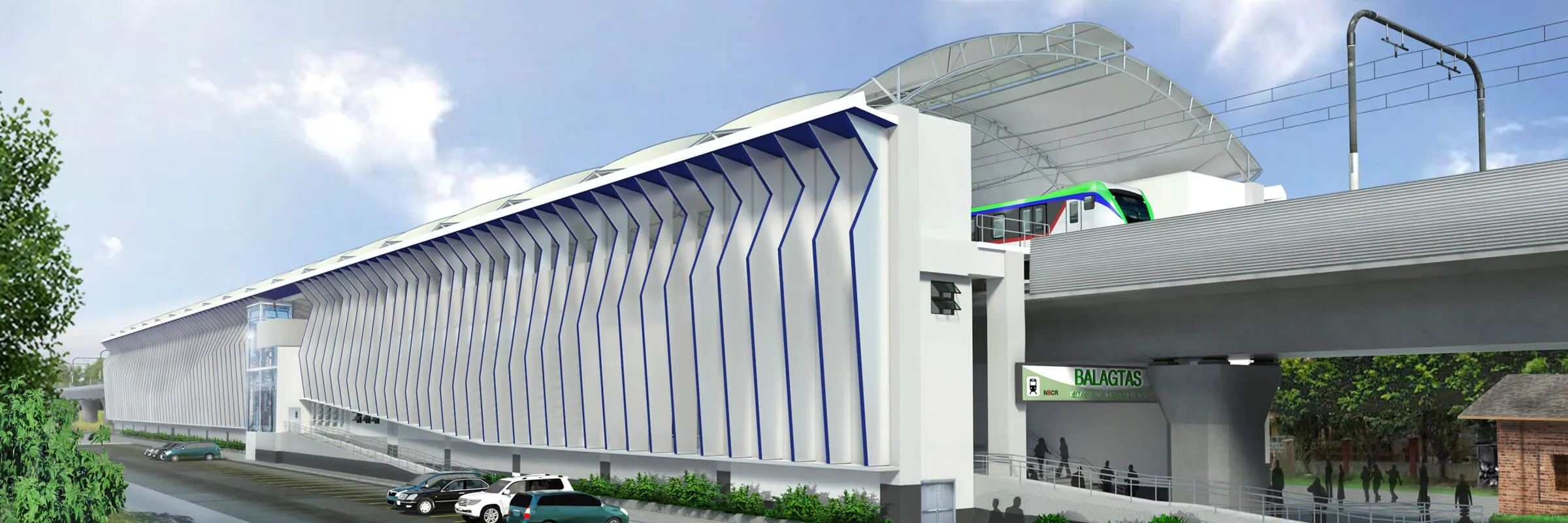Malawi smallholder farms represent approximately 22.5 percent of GDP and 65 percent of employment. However, traditional rain-fed agriculture systems have become unreliable, limiting crop production. In the Southern Shire Valley, agriculture has also become increasingly prone to fluctuating weather patterns, with periods of heavy rainfall followed by prolonged droughts.
SMEC will undertake Contract Management of all civil and electro-mechanical work in the role of the FIDIC Engineer, overseeing Design, Supervision, and Quality Assurance Services. A new network of modern irrigation canals will draw water from a rehabilitated intake point at Kapichira Dam, supplying water to farmers through gravity-fed canals and pressurized systems. The supervision works are expected to take three and a half years.
Phase II includes a 98 km main conveyance canal and 125 km of secondary pipelines, extending from the northern boundary of Lengwe National Park to the Bangula area in Nsanje District. The new waterways will be punctuated by storage reservoirs, siphons, flow regulating structures, sediment basins, offtake structures, tail escapes, emergency spillways, cross drainage, and aqueduct structures to control and regulate the flow of water.
In reviewing the design, the team will conduct detailed hydraulic modelling to analyse interconnecting hydrological structures and verify key parameters such as flow velocity, sizing, lining and routing. GIS studies will inform environmental management, flood mitigation works, and scheme organization & management.
Other features of the design include bridges and culverts, wildlife crossings in the ecologically sensitive areas, 30 km flood protection dykes and over 70 km of access roads. A drinking water supply system will also be installed to service Chikwawa Township and selected villages near the main canal.
A Supervisory Control and Data Acquisition (SCADA) automation system will be installed to operate the main canals and bulk water systems. The system will enable efficient water management based on real time data collection and analysis.






